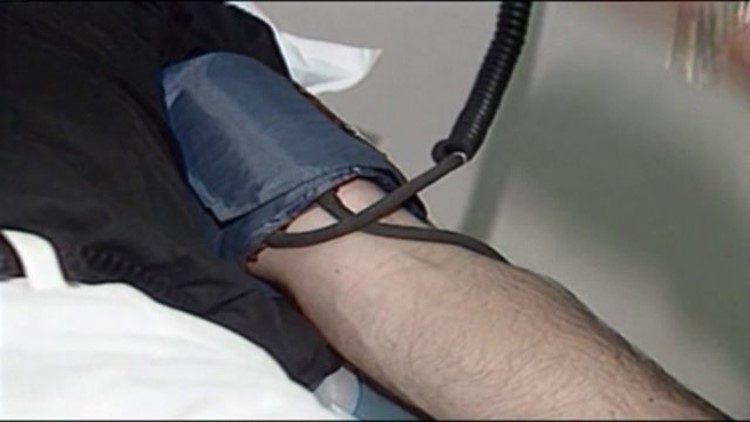The data came from 16,415 adult patients enrolled in the Hispanic Community Health Study, a large, multi-site, community-based cohort study of Hispanic adults. It looked at Hispanics residing in the United States regardless of their income or legal status from 2008 to 2011. They evaluated cholesterol levels from patients and asked those with high cholesterol if they were told that they had high cholesterol by a doctor and if they were receiving therapy for high cholesterol. Nearly 45% of Hispanic adults who had their cholesterol levels checked had high cholesterol and half of them did not know. Only 30% of Hispanics with high cholesterol were receiving any treatment. Not surprisingly, those with higher socioeconomic levels had greater awareness and treatment while those without insurance and more recent immigrants had less awareness and treatment. Interesting though is that Hispanics of Puerto Rican or Dominican descent were more aware and more actively treating their cholesterol than those of Mexican and Central American origin while the least aware group came from Cuba and South America.
The lack of health insurance and paid vacation or sick days make those with limited financial means avoid going to the doctor. Added to this is a language barrier and a fear or distrust of having their immigration status determined sets a portion of these Hispanic patients up for poorer outcomes. Other people with English as a second language and limited economic means like the Southeast Asian American community face similar issues. The expansion of Medicaid and subsidized health exchanges through Obamacare can help but the normal doctor’s office hours, the language barrier, and fear and distrust will continue to persist. At the School of Pharmacy we are trying to work with community based organizations to reach these people where they live and to leverage the convenience of the community pharmacy as a location to get people screened and treated for their chronic diseases. We hope to show that this model of care compliments the current system and provides a safety net for the most vulnerable citizens among us.
Michael White; Dept. Of Pharmacy Practice, UConn School of Pharmacy



